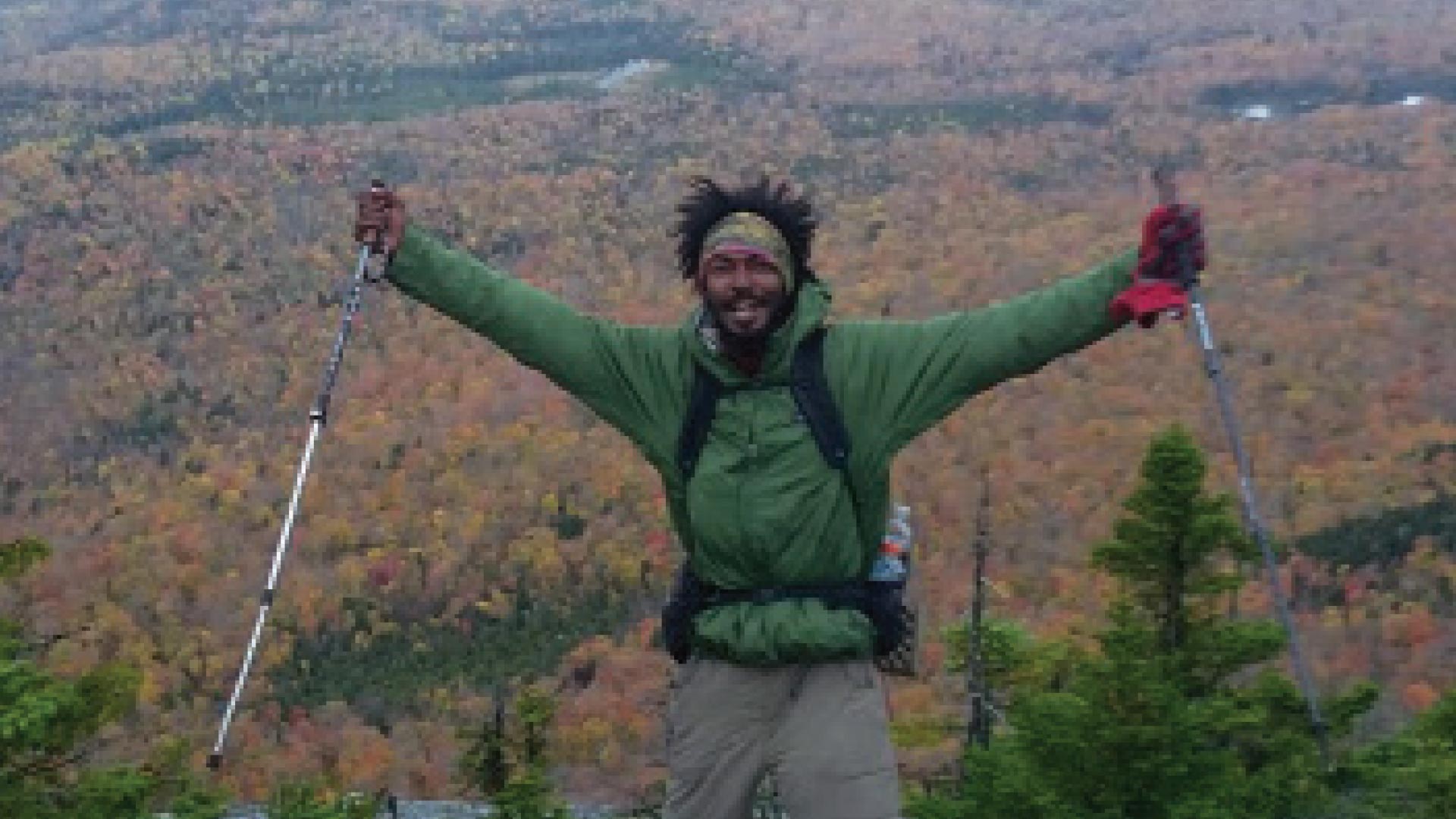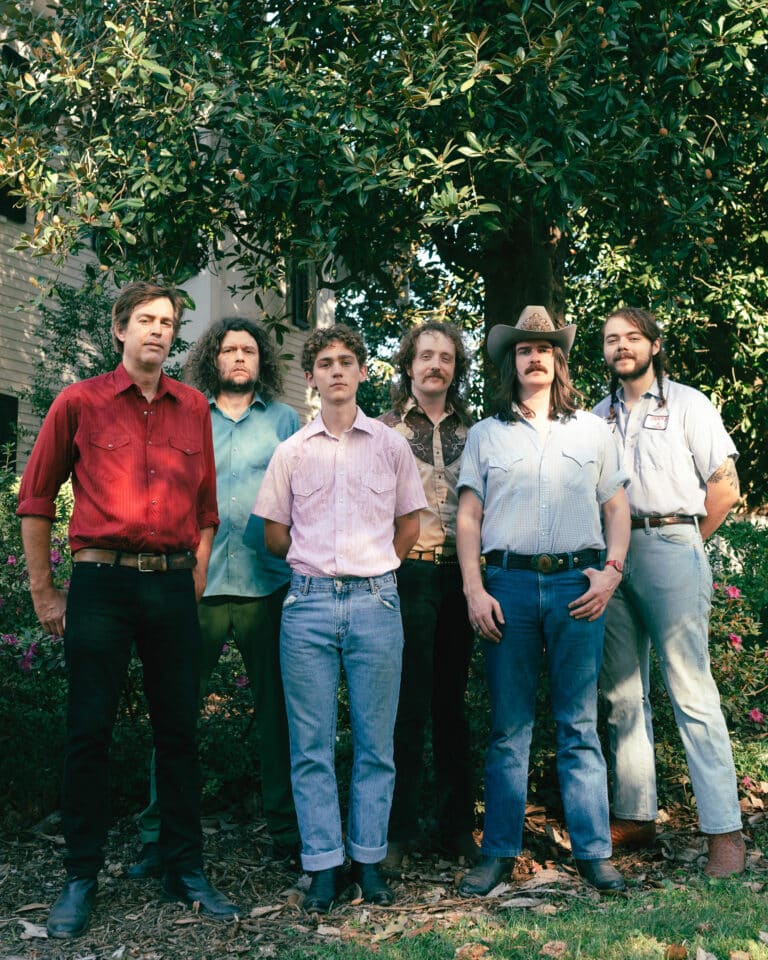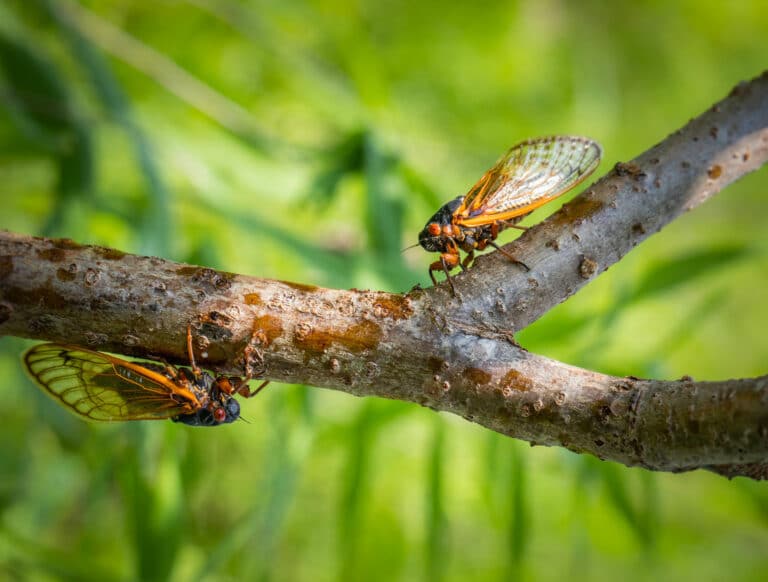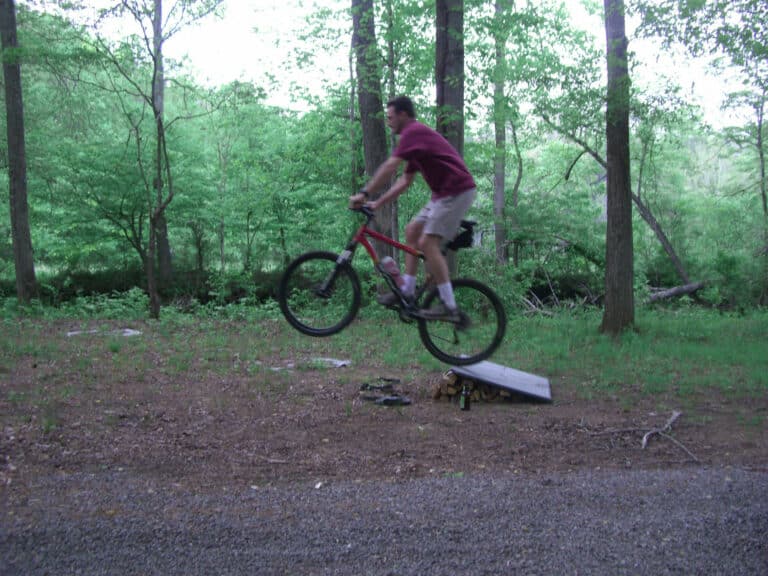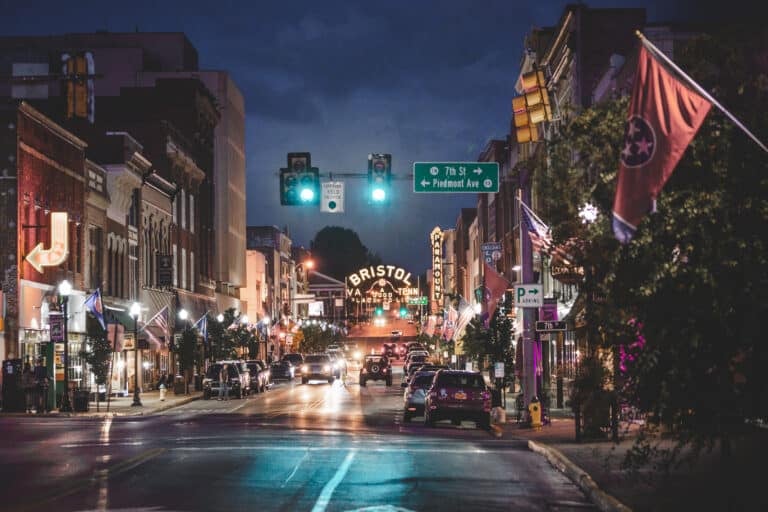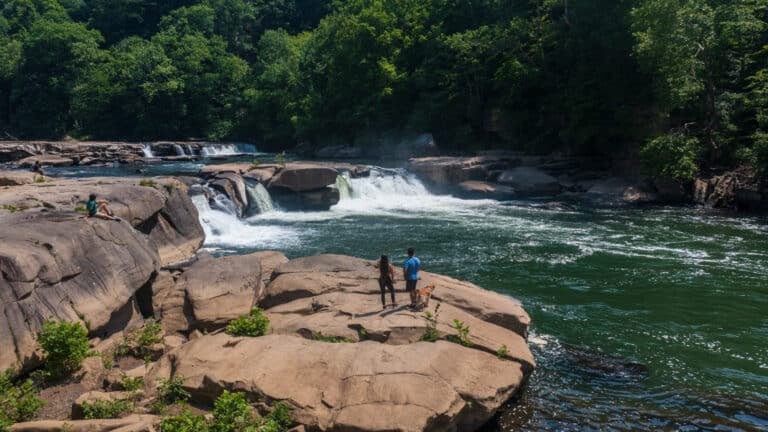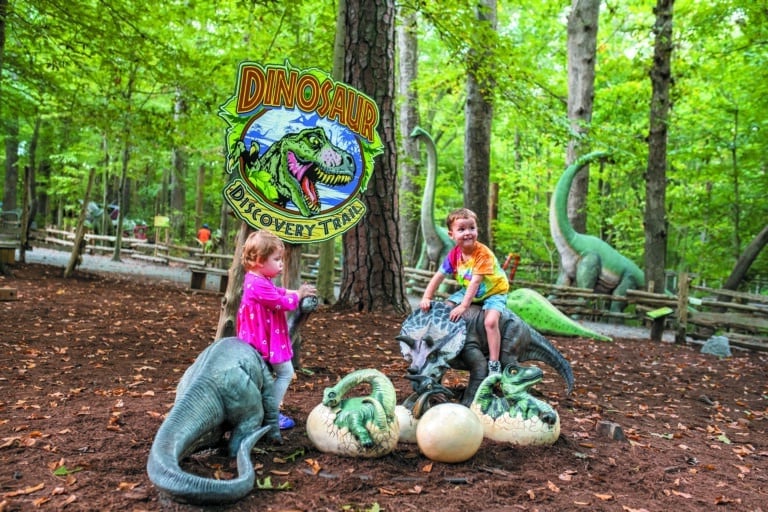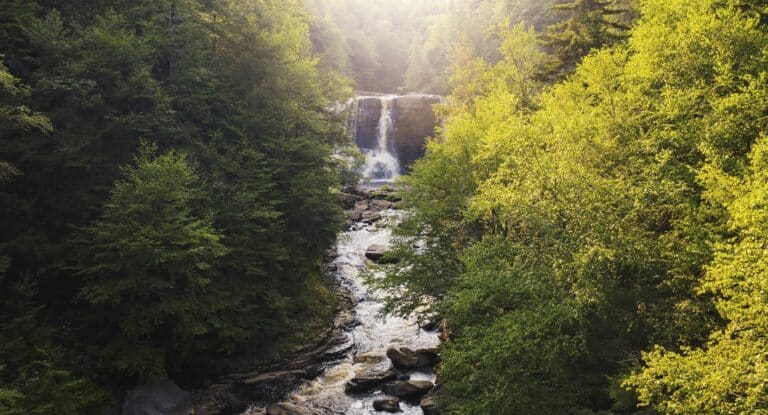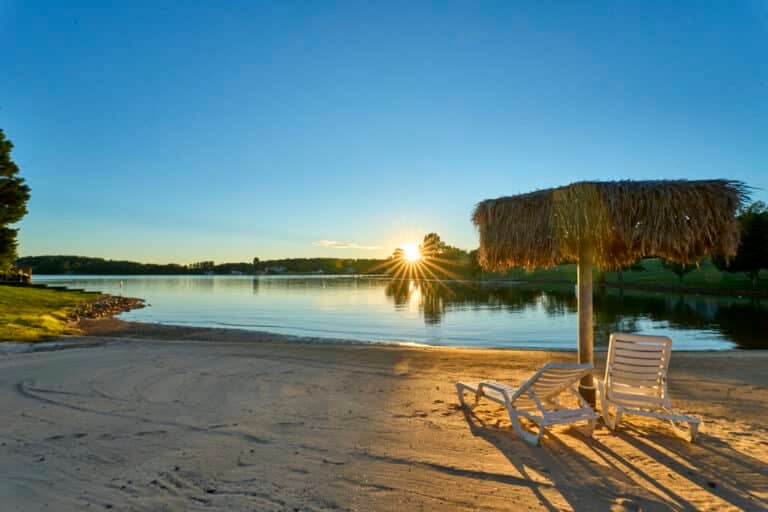Meet trailblazer and A.T. thru-hiker Daniel White
The outdoors has a race problem. Only one out of every five visitors to national parks nation-wide is nonwhite. Minority groups face multiple barriers that prevent them from getting outside, including transportation, fees, equipment, and access to information. Unfortunately, the largest barrier is fear—of racism, discrimination, and not fitting in. Daniel White, a North Carolina native, was acutely aware of those barriers and that fear when he started his Appalachian Trail trek in April of last year.
White grew up in Shiloh, a historically African-American, low-income neighborhood in Asheville, N.C. Though Shiloh is nestled conveniently between Pisgah National Forest and Nantahala National Forest, Daniel never hiked or camped a day in his life until he was 31.
Fed up with the daily grind and longing for a simpler and more natural life, he took the advice of a cousin and set off to hike the A.T. for a couple of months. Instead of stopping after two months, however, Daniel ended up hiking the entire trail, chronicling his journey on YouTube and Facebook along the way. He loved hiking through the White Mountains in New Hampshire and cooking fish freshly caught in the Hundred Mile Wilderness in Maine. Daniel speaks fondly of kind people he encountered who offered him snacks and cool drinks, part of the Trail Magic often experienced on the A.T. He also recalls the thrill of seeing his first moose, and the healthy respect he holds for bears on the trail.
Like many A.T. hikers, Daniel chose a trail name—The Blackalachian. His moniker started conversations immediately. Though initially his hike was a personal escape, it quickly became a path to bring awareness to the race issue in the outdoors. White met only one other thru-hiker of color on the entire six-month, 2,190-mile journey. He encountered fewer than ten day hikers of color. The vast majority of trail users were white Americans and Europeans.
Upon returning from the trail, White invited many friends to go on simple day hikes with him, but was turned down, often out of fear. “Young black people are taught not to go into the woods,” he says. “They’re taught that’s where beatings and lynchings happen. That’s just the way it is. They’re more afraid of racists than bears and snakes. I definitely was, too, when I was on the trail.”
What can be done to make the outdoors a more welcoming place for people of diverse backgrounds? White suggested bringing awareness to the issue simply by talking about it, inviting friends of color out again—even if they turn you down the first time, and continuing to post pictures and videos. “Keep it simple. Build the love,” he says. “Work up slowly, first with day hikes, and then maybe weekend trips. Make going outside look cool and fun —because it is! They don’t know what they’re missing.”
Specifically, he said that children need to be exposed to the wonders of the outdoors early on. “Children aren’t born full of fear,” White says. “They’re taught that later by their parents and society.”
White is continuing to do his part to keep the dialogue going. Instead of hiking classic long-distance trails, his next endeavor will be to bike the historic Underground Railroad. This trail begins in Mobile, Alabama and stretches through Mississippi, Tennessee, Kentucky, Ohio, and New York, eventually ending at the Canadian border. An estimated 100,000 men, women, and children used this trail while escaping slavery from the late 1700s to 1860, particularly during the American Civil War.
Already in Charlotte, N.C., where he is training, White has seen many motorists behaving rudely and dangerously toward cyclists sharing the roads, and that makes him nervous but determined for this trip. After finishing the Railroad, he would like to hike the Trail of Tears to bring awareness to the political challenges faced by Native Americans today.
White is not alone in his efforts to make the outdoors more accessible. Brothers of Climbing, Brown Girls Climb, GirlVenture, Everybody’s Environment, and Outdoor Afro are groups working in this neck of the woods to reach a wider outdoor audience.
“Get out there,” says White. “Invite your friends. Stop the fear. Be a trailblazer.”
Support The Blackalachian’s adventures on GoFundMe, and follow his progress in real time on Facebook, YouTube, Twitter, and Instagram.
